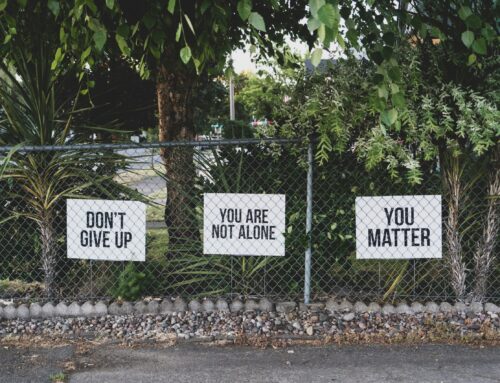When starting your journey into therapy, think about what goals you have for therapy. What do you want to change? What do you want to accept in your life? What behavior or thought process do you want to alter? Once you’ve identified the reasons for seeking treatment, it’s time to find the right type of therapy.
Many clients have no idea what to expect from therapy. In addition to having a good fit with your therapist, it’s also important to have a good fit with the type of therapy. There are two primary orientations for psychotherapy your therapist might be working with – psychodynamic and cognitive-behavioral.
Cognitive-Behavioral Therapy (CBT)
Cognitive-Behavioral Therapy (CBT) is rooted in understanding clients’ thought processes and behaviors in the present moment and identifying patterns that may be contributing to larger problems in life. CBT is a structured approach to therapy which can help clients understand how their thoughts (cognitions) influence their actions while also learning to modify problematic behaviors. By breaking down the automatic thought patterns that are occurring, therapists can work with clients to alter these cognitions.
CBT is based on the premise that changing maladaptive thinking can facilitate changes in behavior. Through changing faulty thoughts and actions, clients can alter dysfunctional patterns. By identifying distortions in thinking (i.e. labeling things as “all good” or “all bad”, catastrophizing and imagining things as worse than they actually are, or magnifying the negative aspects in your life), clients can experience behavioral, cognitive, and emotional change. CBT can often be time-limited or short-term. You can discuss the length of therapy with your therapist.
What can CBT be Useful for?
Consider CBT if you are interested in working through anxiety, panic attacks, depression, eating disorders, addiction, phobias, or obsessive thoughts or behaviors.
Psychodynamic Therapy
The main focus of psychodynamic therapy the unconscious process. The goal is to process past memories and experiences that might provide a better understanding of current behavior and relationship patterns. Often, this approach provides people with a safe haven for honest reflection and self-examination by encouraging the expression and exploration of whatever comes to mind.
As this occurs, patterns of behaviors and feelings emerge that recreate past experiences. The focus on these patterns, helps clients become more aware of how their past influences the present. In psychodynamic therapy, the therapeutic process is about learning to engage with the truth about who you are and developing a deeper understanding about your flaws, vulnerabilities, and conflicts. The idea is that gaining increased insight and awareness gives you the confidence to make the changes you want to make.
Another focus of psychodynamic therapy is to express feelings while also learning to tolerate a wider range of emotions. Ultimately, this helps increase self-esteem and confidence. Other areas of focus in dynamic therapy can be to analyze recurring themes and/or patterns in interpersonal relationships and exploring how clients may attempt to avoid stressful thoughts and situations through the use of defense mechanisms.
What can Psychodynamic Therapy be Useful for?
This approach to therapy has a wide range of applications and can be used when working to resolve relationship conflicts, personality disorders, low self-worth, as well as, anxiety disorders (phobias, social anxiety, GAD, & panic attacks)and depression.
Your Therapy
In the end, one of the main ingredients that account for change in therapy is essentially the bond or match between the therapist and the client. While the therapist will have a certain set of skills, knowledge, techniques and approach, what matters most is how well you connect with your therapist. Remember that although the type of therapy is important, one of the most important factors that contributes to a positive therapeutic outcome is the relationship between you and your therapist.




